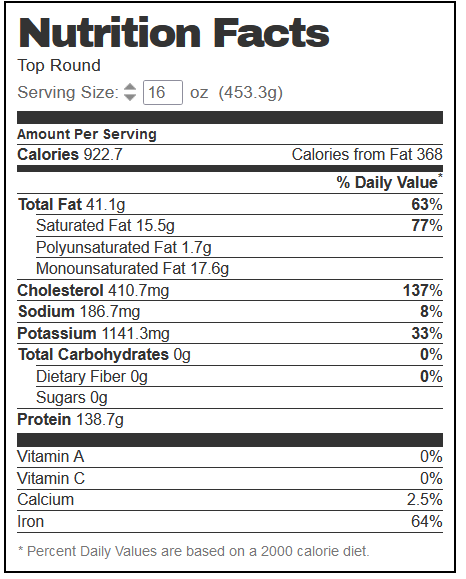We suck at marketing - yeah we should do that
That’s the blog where we put stuff that isn’t in a podcast, The podcast link is https://2ketodudes.com/
indeed. There are a lot of claims for ketogenic diets that are just speculation, will they cure cancer? No one knows. A plausible mechanism exists but a study to test that hypothesis is virtually impossible to do. But will they feed it as much as a high carb diet? I’d have to say it’s unlikely.
I can relate 
We try to respond to pushback as soon as it happens. Usually that means we say something in a podcast, a listener corrects us ( or I relisten and correct myself) and then we put a “what we got wrong last week” at the top of the next show.
That also happens.
That is quite possible. Though experiments refining the bounding conditions of not enough and too much protein haven’t changed. Humans still appear to need at least between 0.3 and 1.0 g/kg of ¾ body weight. Above 3.21g/kg of lean mass appear to saturate our ability to deal with the toxic byproducts.
What I can tell you is we won’t be chasing an audience who need their belief in protein reinforced just to increase our relevancy as say The Diet Doctor appears to have.
Andreas has tweeted there is no practical upper limit of protein and Ted gave him a twitter fist bump … problem is that both MDs are incorrect about the biochemistry. Above 3 g/kg of lean mass (and we can argue how much more than 3) and you saturate your ability to dispose of it as urea and accumulate ammonia and eventually that causes the disease Mal de Caribou (rabbit starvation).
And yes all your points about P:E are correct, grams of fuel are not calories - at best they are potential calories, carbs and fat are not equivalent fuels, protein is also a caloric fuel making P vs E a false dichotomy.
I have a lot of other criticisms about high protein diets including the fact that if you go down the cereal aisle in 2020 you will find as many boxes claiming to be high protein as you would find high fibre in the 2000s, low fat in the 1980s and all the vitamins and minerals and energy a growing body needs in the 1960s - with not much changing in the contents. In other words it’s 100% marketing.
I would likely make more money by switching to a high protein diet - I don’t need more money, I need less diabetics.
But the biggest problem I have is similar to the one that Stephen Phinney has, namely that in 1977 there was a popular protein sparing modified fasts that was ketogenic called the liquid protein diet that killed 60 people (18 with no previous underlying health problem) some of them in as little as 2 months of eating only hydrolysed collagen (ie: jello). Dr Phinneys problem is that it sidelined his career and that of any researcher investigating ketogenic diets for 30 years until his collaboration with Jeff Volek resurrected it. My problem is if that happens again type 2 diabetics will not be able to get any GP or Diabetic educator to supervise them using a diet that may be our only hope. [I just realized I had already told that story in this thread - probably old age catching up with me and I’m telling the same damn stories over and over]
Where I plan to call out my own boolsheet is telling everyone they need between 1 and 1.5g/kg lean mass. Clearly some people get better results with more, and some can eat more than 20g of carbs a day too. But in type 2 diabetics for whom the byproducts of protein digestion are almost as insulinogenic as those of carbohydrates, 1-1.5g appears to be a safe and effective range to reverse your disease. YMMV



 ) ,
) ,